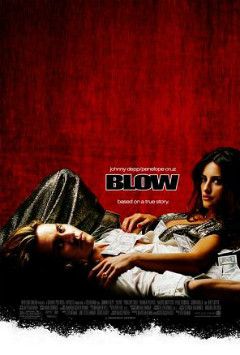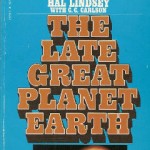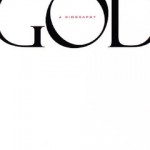
It was easy plowing. Author Bruce Porter is a masterful storyteller. The tome on which the Johnny Depp movie is based is decidedly more complicated than the film, as its principal figure, narcotrafficker George Jung, is a decidedly complicated individual with a decidedly complicated life story. Porter takes you into the middle of all of it—the drug business, the dealings, the trafficking, the politics, the personal destruction, the whole mess. And he does it with panache and an energetic style that leaves you eager to turn the next page.
What the movie does very well is latch hold of the tragic elements and play them for all they’re worth. In some ways Jung is a totally pitiless figure; he gets exactly what he deserves. In other ways, he’s a crafty and savvy entrepreneur who is destroyed by the deeds of others. Either way, the seeds of his destruction were sowed in the poverty of his childhood. Faced with the fantastic wealth he could achieve by schlepping drugs around the country and having purposed to never live in squalor, trafficking was the road to riches. It was also the road to ruin.
Playing up these elements, the movie offers a standard — and very well done — tragedy. If it let off the moralizing at the end, it would have been even better. The moral is clear enough without explaining it, and the movie’s explanation is frankly weak.
The book doesn’t fall prey to the same problem of heavy-handedness. Jung comes off much less the tragic figure in Porter’s telling, because he sticks closer to the real story. And real life, while plenty tragic, is never quite King Lear.
The book’s strong point is Porter’s incredible reporting. Few books can take readers this far into such a secretive business and explain so much of what goes on (especially in just a tad over 300 pages). If knowing more about the drug trade is what you’re interested in, Blow is a great place to start.
The question would be why one who wasn’t particularly interested in the drug trade would pay any attention to the movie, let alone the book. This is especially important for Christians to ask. Is there anything actually worthwhile or redeeming about the story?
Brian Godawa, author of Hollywood Worldviews, once asked me what it was about Blow that I liked. This belated and less than personal answer has to do with the genre: tragedy.
Peter Leithart’s analysis of six Shakespeare’s plays, Brightest Heaven of Invention, highlights the importance of the tragic genre by noting the central characters, presented with the right and wrong choices, choose the wrong. Having committed an act of moral evil, the bard goes on to show the results of the character’s choice. What Leithart says about Shakespeare’s tragedies, that they “can be seen as sobering meditations on the origins and consequences of human sin,” can apply to most well executed tragedies, including Blow.
Jung’s life choices — whether adapted for the screen or reported in print — show viewers and readers the unmistakable wages of sin. Redemption, while it’s there, is refused. And the end result serves as a poignant warning about choices, motivations, and the fruit of our actions.












